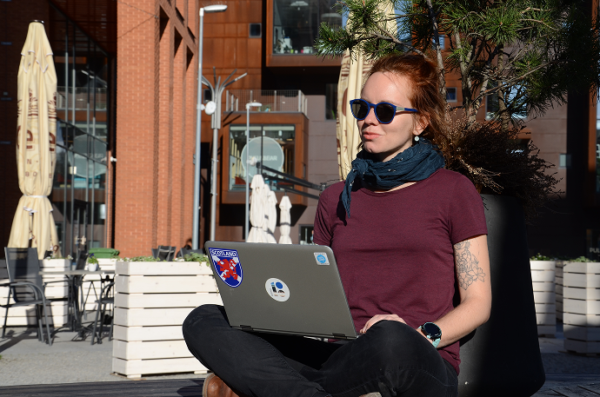
Tallinn, Estonia
Digitally Transforming Teacher
When:
28 July - 30 July 2025
Credits:
2 EC
Read more
Educational Sciences
When:
09 July - 13 July 2012
School:
Berlin International Summer School of Economics and Law
Institution:
Berlin School of Economics and Law
City:
Country:
Credits:
0 EC

The purpose of this course will be to examine a family of initiatives that aim at opening up the education sector to a greater range of private actors. We will look at why these developments are taking place now, the actors involved in advancing these initiatives, what evidence from the field tells us about the opportunities and outcomes for various groups (the learner, families, the state, transnational firms, local entrepreneurs, venture philanthropy, consultants) and why these kinds of initiatives continue to be highly controversial.
The aim of the summer school is therefore to examine education policy from the perspective of service delivery arrangements and will focus a social justice lens through which to debate the consequences of changes in the coordination, governance and provision of education services. Private provision and the privatizing of education services not only looks different in different regions and countries of the world, but these services are shaped by a different set of dynamics between the global and the local, and between the state, economy, civil society and religious organizations. The school will therefore also work with a range of country initiatives and case studies to trace out the issues involved, review the evidence, and consider the outcomes and alternatives. We will also propose a series of normative frameworks as a lens on the relation between education and social justice, and as a means for assessing the nature of framing issues and shaping outcomes. Hybrid forms of education service provision have significant consequences for access, resourcing, governance and achievements in and across national education systems. In turn, this has implications for social cohesion, economic development and political engagement.
Course Objectives
At the completion of this course, participants will be able to:
Locate new governance initiatives in education sectors in relation to wider transformations in the global political and cultural economy; education as a services sector; education as a tradeable commodity; education as a form of human capital and investment; education as a human right; education as a form of cultural capital; education as a means for emancipation; education as a cultural and class project.
Demonstrate understanding of the complex nature of education governance that involves different actors, differing activity, and different scales on which to act.
Outline the nature of the conceptual complexities and empirical phenomena associated with PPPs as emerging, hybrid, forms of governance and their role in, and consequences for, the governance of the education sector, and new forms of privatisation of education.
Develop a critical account of a range of education governance initiatives; from low-fee-schooling; Charter Schools; Shadow Schooling; PPPs, global transnational firms, such as GEMS, Cisco Systems; education consultants, such as CfBT, and so on.
Apply a theory of social justice to the framing and outcomes of new governance initiatives in education.
The course will be delivered using a range of formats; lectures, small group work, films, podcasts, plenary activity. Students will be encouraged to read prior to the Summer School course, as well as during. They will also be expected to be actively involved in exploring ideas, and in offering their own experiences and reflections on the theories and issues being examined.
Ian Macpherson Education Support Programme, Open Society Foundations Mary Metcalfe Development Bank of Southern Africa
The course invites global applications from PhD candidates, early career educational researchers and policy analysts with a PhD, policy makers and government officials, and faculty.
Pre-requisites: Applications are invited from academics and practitioners in education, particularly those engaged in comparative scholarship and scholarship on education policy, social inequalities, and institutional change. Between 20 and 25 participants are expected.
Language requirement: The language of instruction is English, thus all applicants have to demonstrate a strong command of spoken and written English to be able to participate actively in discussions at seminars and workshops.
The purpose of this course will be to examine a family of initiatives that aim at opening up the education sector to a greater range of private actors. We will look at why these developments are taking place now, the actors involved in advancing these initiatives, what evidence from the field tells us about the opportunities and outcomes for various groups (the learner, families, the state, transnational firms, local entrepreneurs, venture philanthropy, consultants) and why these kinds of initiatives continue to be highly controversial.
When:
09 July - 13 July 2012
School:
Berlin International Summer School of Economics and Law
Institution:
Berlin School of Economics and Law
Credits:
0 EC

Tallinn, Estonia
When:
28 July - 30 July 2025
Credits:
2 EC
Read more

Groningen, Netherlands
When:
09 July - 09 July 2025
Credits:
0 EC
Read more

Groningen, Netherlands
When:
07 July - 08 July 2025
Credits:
0 EC
Read more